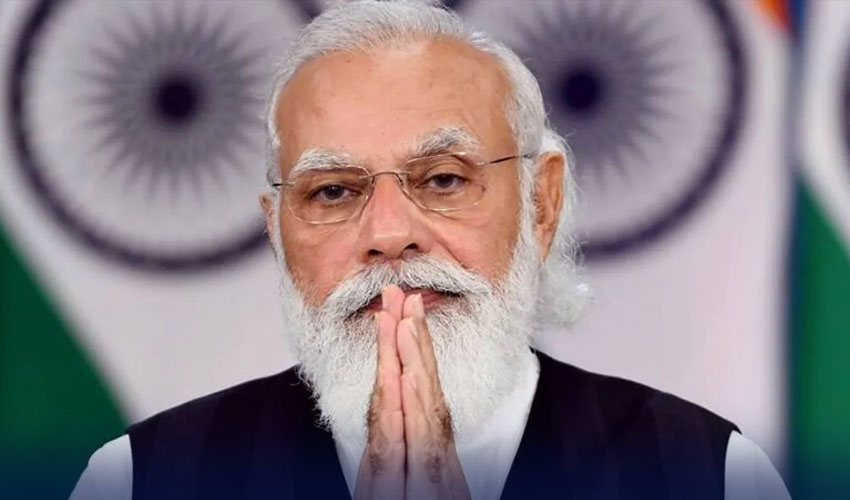The Modi government's strategy of leveraging religious sentiment for electoral gain faced a historic setback in Ayodhya. Despite the recent inauguration of the Ram temple on the site of the Babri Masjid, the people of Ayodhya rejected the Bharatiya Janata Party's (BJP) politics, electing Samajwadi Party's Awadhesh Prasad over BJP representative Lallu Singh.
Lallu Singh, who had been a two-time Member of Parliament (MP) in the Faizabad Lok Sabha constituency, suffered a humiliating defeat. This result is seen as a significant blow to the Modi administration, which had banked on the Ram temple's inauguration to solidify their support among Hindutva followers and extremists.
Voters in Ayodhya expressed strong discontent with the Modi government's approach, citing rising inflation, unemployment, and land grabbing as primary reasons for their choice. Many local residents felt that the focus on the Ram temple overshadowed pressing economic and social issues.
"Devotion to Ram Mandir is in place, but in its name, our livelihood has been taken away from us," said one local resident, reflecting a common sentiment in the area.
The rejection in Ayodhya is not an isolated incident. The BJP is currently facing electoral defeats in three key states: Uttar Pradesh, Maharashtra, and Rajasthan, along with significant losses in the Lok Sabha. The results indicate a broader dissatisfaction with the Modi government's policies, including their handling of inflation, unemployment, and land issues.
The defeat in Ayodhya has garnered significant attention from global media outlets. The New York Times highlighted the unexpected nature of the loss, describing it as a blow to Modi's claims of political invincibility.
Al Jazeera noted that Modi, often seen as a strong candidate, will now face substantial challenges moving forward. The BBC reported widespread criticism of Modi's failure to address key national issues such as press freedom, institutional integrity, and minority protection.
In response to the election results, a BJP member confessed, "Even the construction of Ram Mandir could not win us over." This admission underscores the complexity of the electorate's concerns, which go beyond religious symbolism to more immediate economic and social needs.


























